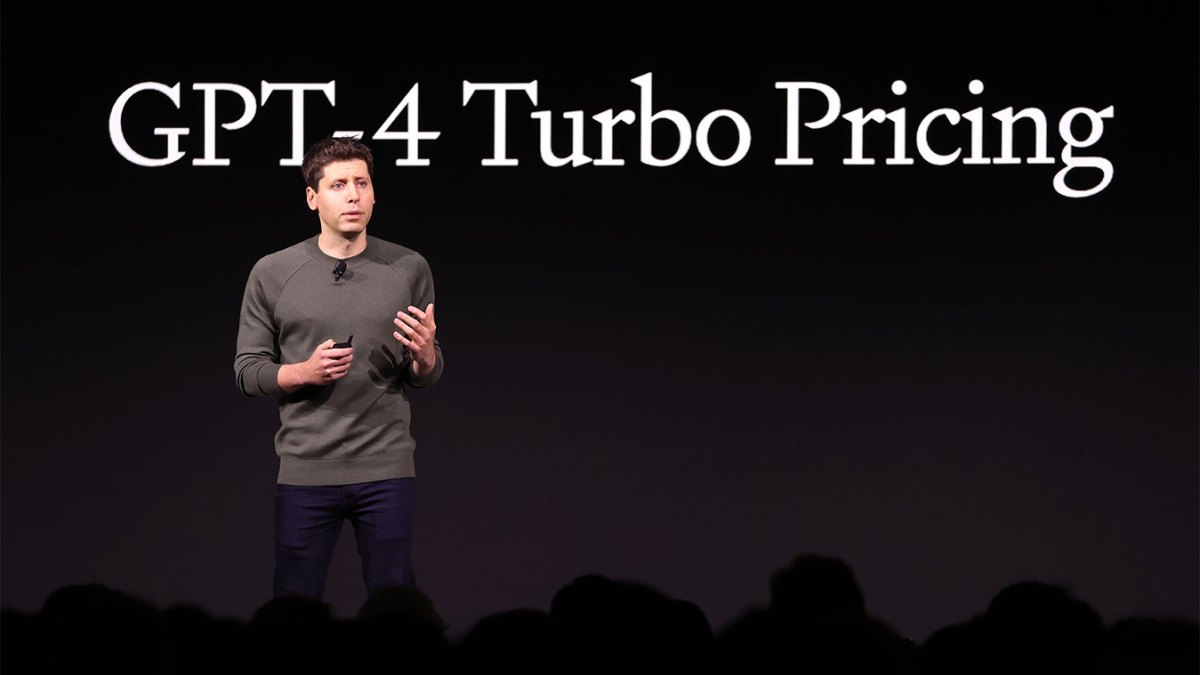OpenAI, the most valuable AI startup, said Wednesday it intends to dismiss all claims made by Elon Musk in a recent lawsuit and suggested that the billionaire entrepreneur, who was involved in the company’s co-founding, didn’t really have that much impact on its development and success. In a blog post authored by the entire OpenAI […]
© 2024 TechCrunch. All rights reserved. For personal use only.
OpenAI, the most valuable AI startup, said Wednesday it intends to dismiss all claims made by Elon Musk in a recent lawsuit and suggested that the billionaire entrepreneur, who was involved in the company’s co-founding, didn’t really have that much impact on its development and success.
In a blog post authored by the entire OpenAI band – Greg Brockman, Ilya Sutskever, John Schulman, Sam Altman, Wojciech Zaremba and OpenAI – the Microsoft-backed startup revealed that since its inception in 2015, it had raised less than $45 million from Musk, despite his initial commitment to provide as much as $1 billion in funding. The startup also secured more than $90 million from other donors to support its research efforts, it said.
OpenAI’s response follows Musk suing Altman, Brockman, OpenAI and other affiliates of the firm last week, alleging the ChatGPT-maker had breached its original contractual agreements by pursuing profits instead of the nonprofit’s founding mission to develop AI that benefits humanity. OpenAI was founded to build a counterweight to Google, he said.
OpenAI’s founding agreement required the startup to make its technology “freely available” to the public but the firm had overtime changed its prioritise to maximizing profits for Microsoft, Musk said in the lawsuit.
The high-stakes legal battle between Musk and OpenAI could have far-reaching implications for the future of AI. As the most valuable AI startup, with a valuation of over $80 billion, OpenAI’s success with ChatGPT has ignited an unprecedented AI race since its public release in late 2022. The outcome of this lawsuit could significantly impact the direction and pace of AI development, as well as the balance of power among key players in the industry.
In a note on Tuesday, Morgan Stanley said the hunt for application layer winners in the GenAI race is as heated as mobile post-iPhone. (Image: Morgan Stanley)
In its blog post today, OpenAI asserted that as it recognized the vast computational resources necessary to develop artificial general intelligence (AGI) – an AI system with human-level or superior intelligence – it became clear that the annual costs would amount to billions of dollars. This realization led to the understanding that transitioning to a for-profit structure was essential to secure the required funding and resources.
This is when disagreements started between Musk and other co-founders of OpenAI, OpenAI wrote in the blog post, which includes five email exchanges between Musk and OpenAI executives.
“As we discussed a for-profit structure in order to further the mission, Elon wanted us to merge with Tesla or he wanted full control. Elon left OpenAI, saying there needed to be a relevant competitor to Google/DeepMind and that he was going to do it himself. He said he’d be supportive of us finding our own path,” OpenAI wrote.
“In early February 2018, Elon forwarded us an email suggesting that OpenAI should ‘attach to Tesla as its cash cow’, commenting that it was ‘exactly right… Tesla is the only path that could even hope to hold a candle to Google,’” OpenAI wrote.
OpenAI said Wednesday it maintains that its mission is to ensure AGI benefits all of humanity, which includes developing safe and beneficial AGI while promoting widespread access to its tools. OpenAI’s technology is being used in places including Kenya and India to empower people and improve their daily lives, the startup wrote.
“We’re sad that it’s come to this with someone whom we’ve deeply admired — someone who inspired us to aim higher, then told us we would fail, started a competitor, and then sued us when we started making meaningful progress towards OpenAI’s mission without him,” OpenAI wrote in the blog post.
In response to Musk’s accusation of OpenAI abandoning its open-source principles, the Microsoft-backed startup countered by emphasizing that Musk had been aware of and agreed to the eventual shift away from complete transparency as the organization made significant progress in its AGI development.
“Elon understood the mission did not imply open-sourcing AGI. As Ilya told Elon: ‘As we get closer to building AI, it will make sense to start being less open. The Open in openAI means that everyone should benefit from the fruits of AI after its built, but it’s totally OK to not share the science…’, to which Elon replied: ‘Yup’.”

Leave a Reply